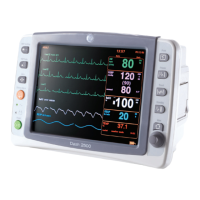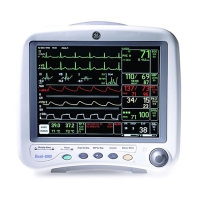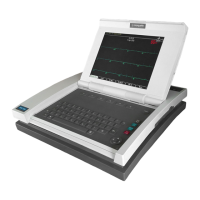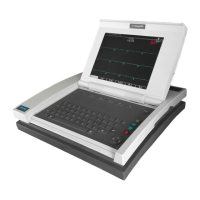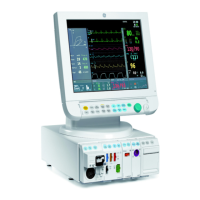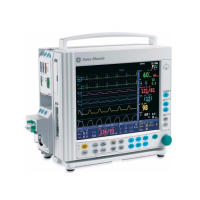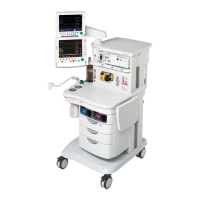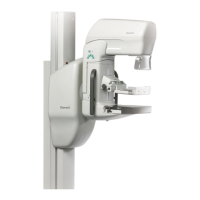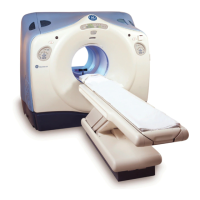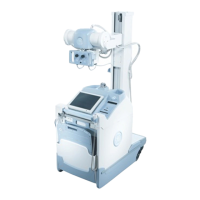Functional and electrical safety checks: Electrical safety tests
2000966-542D Dash 3000/4000/5000 8-7
Impedance of protective earth connection
This test, unlike a ground continuity test, will also stress the ground
system by using special ground bond testers.
This test normally is only required as a manufacturing production test to
receive safety agency compliance. Some country agencies do require this
test after field equipment repairs (e.g., Germany’s DIN VDE 0751
standards). Consult your country/local safety agency if in question.
Compliance is checked by the following steps:
1. A current of 25A from a current source with a frequency of 50 or 60
Hz with a no-load voltage not exceeding 6 V is passed for at least 5
seconds, but no more than 10 seconds, through the protective earth
terminal or the protective earth pin in the mains plug and each
accessible metal part which could become live in case of failure in
basic insulation.
2. The voltage drop between the parts described is measured and the
impedance determined from the current and voltage drop. It shall not
exceed the values indicated.
When taking this measurement, move the unit’s power cord around.
There should be no fluctuations in resistance.
Acceptance criteria
For equipment without a power supply cord, the impedance between the
earth terminal of the (IEC 60320-1) AC inlet receptacle and the
protective earth (PE) terminal (or any accessible metal part which is
protectively earthed) shall not exceed 0.1 ohms.
For equipment with a power supply cord, the impedance between the
protective earth pin in the mains plug and any accessible metal part
which is protectively earthed shall not exceed 0.2 ohms.
3. GE recommends that the qualified personnel performing the tests
should record the values in the “Checklist” on page D-1.
Ground (earth) wire leakage current tests
Perform this test to measure current leakage through the ground (earth)
wire of the equipment during normal operation.
1. Refer to the instructions contained with the safety analyzer to
perform this test.
2. Configure leakage tester as follows:
Polarity – NORMAL

